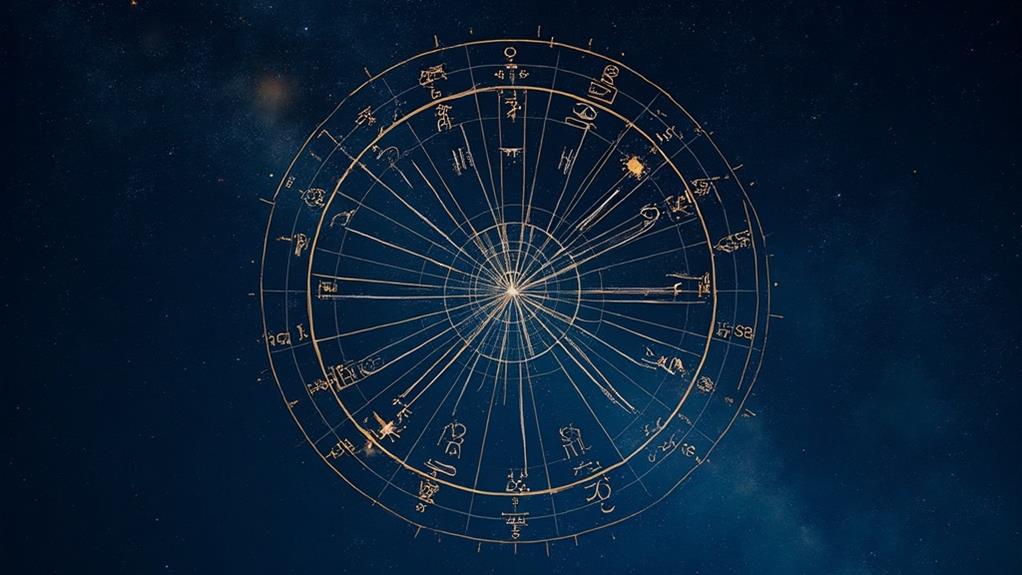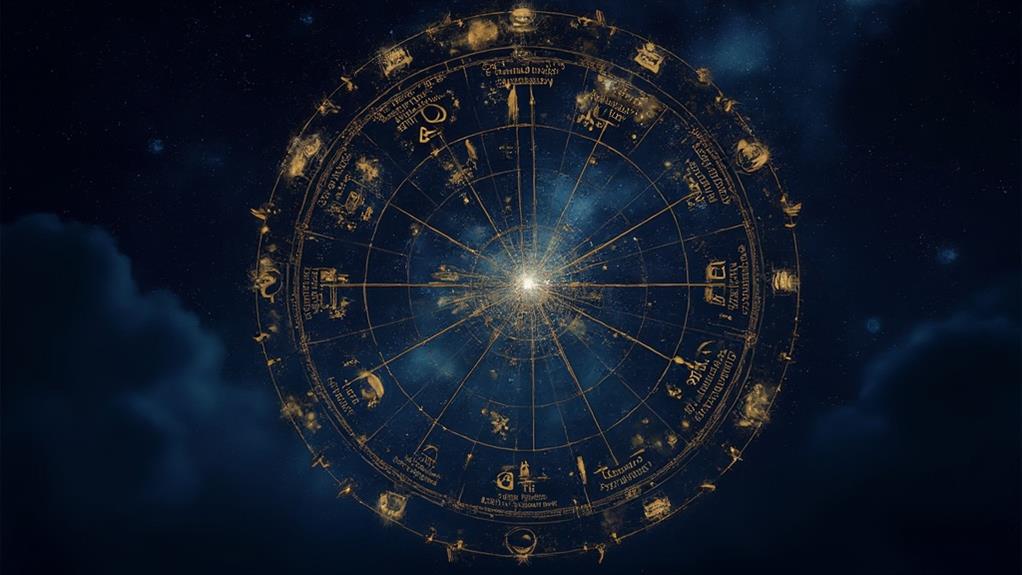Tips for Interpreting Astrological Houses

Astrological houses are a key component in birth chart interpretation that offer profound insights into different areas of life. By understanding these houses, you can better navigate your personal challenges, strengths, and opportunities for growth. In this guide, we’ll break down the role of astrological houses, their significance, and how to interpret their deeper meanings for personal transformation.
The Foundation of House Systems

Astrological houses are divided into twelve equal segments that represent various life domains such as career, relationships, and personal identity. These segments are arranged based on specific ‘house systems,’ including popular ones like Placidus, Koch, and Equal House. Each system offers a slightly different perspective, but all revolve around dividing the sky into portions that reflect life experiences.
In astrology, these houses fall into three categories:
- Angular Houses (1st, 4th, 7th, 10th): These houses represent cardinal directions and are considered power points that shape personal emergence, roots, relationships, and public life.
- Succedent Houses (2nd, 5th, 8th, 11th): These houses build upon the themes introduced by the angular houses, often dealing with stability in resources, creativity, and friendships.
- Cadent Houses (3rd, 6th, 9th, 12th): These houses bring about transformation and adaptation, influencing communication, health, learning, and spirituality.
Planetary Rulers and House Relationships
Each house is governed by a ruling planet that exerts a strong influence on specific areas of life. By exploring which planets rule which houses, you can understand how energies flow across your birth chart.
- Mars: Rules the 1st house (self-expression, identity) and the 8th house (transformation, rebirth). It highlights themes like personal drive and intense life changes.
- Venus: Governs the 2nd house (resources, possessions) and the 7th house (relationships, partnerships). Venus focuses on love, beauty, and material comfort.
- Mercury: Controls the 3rd house (communication) and the 6th house (routines, health). It emphasizes learning, dialogue, and practical organization.
- Moon: Rules the 4th house (home, emotional security). The Moon explores themes around family and nurturing environments.
- Sun: Governs the 5th house (creativity, pleasure). The Sun highlights vitality, self-expression, and joy.
- Jupiter: Rules both the 9th house (higher learning, philosophy) and the 12th house (spirituality, subconscious). Jupiter’s energy brings wisdom and spiritual understanding.
- Saturn: Controls the 10th house (career, structure) and the 11th house (social ties, goals). Saturn emphasizes discipline, success, and long-term objectives.
Knowing which planet rules each house is essential when interpreting your natal chart. It reveals where you may have significant strengths and challenges.
Empty Houses Matter Too

A common misconception is that empty houses in a birth chart mean nothing happens in those areas of life—this isn’t true. Empty houses are still influenced by their ruling planets and the aspects from other planets in your chart. The energy of the ruling planet affects the life matters represented by that empty house. Focus on how transiting planets temporarily activate these houses to gain further insight into how they impact your life.
Angular Houses as Power Points
Angular houses—1st, 4th, 7th, and 10th—are the four most critical areas in astrology due to their alignment with cardinal directions. These houses represent the foundational areas of individual growth: personal identity, emotional roots, significant relationships, and public reputation.
Whenever planets occupy these houses, their energies are amplified. For example:
– The 1st house pertains to self-image and how you present yourself.
– The 4th house connects to family, home, and emotional roots.
– The 7th house influences partnerships, both personal and professional.
– The 10th house represents career, status, and achievements.
By understanding these power points, you can enhance your self-awareness and work towards meaningful personal development.
Reading Houses Across Birth Charts

Comparing your birth chart with someone else’s can reveal much about relationship dynamics. This is called synastry. Specifically, if someone’s planets fall into your 7th house, they may play a significant role in your relationships. Similarly, planets in the 10th house influence how you collaborate or conflict in professional settings.
Synthesizing the planetary energies across charts allows you to understand how partnerships or family dynamics will evolve over time.
Frequently Asked Questions
How Do Intercepted Houses Affect the Interpretation of My Birth Chart?
Intercepted houses represent areas of life that may feel hidden or blocked. These houses require extra focus, but once activated, they often bring deep transformation and spiritual growth.
Can the Houses Change Their Meanings During Different Planetary Transits?
Yes, planetary transits can temporarily affect the meaning of astrological houses. For example, when a planet moves through a house in your chart, you can expect the life topics associated with that house to be highlighted during the transit.
What Role Do House Cusps Play in Timing Life Events?
House cusps mark where one house begins and another ends. As planets transit these cusps, they signal turning points or important life changes, making these areas particularly useful in predictive astrology.
How Do Progressed Houses Differ From Natal Chart House Placements?
Progressed houses, unlike natal houses, shift over time and reflect how your focus and growth areas evolve. While natal house placements are fixed and show fundamental life traits, progressed houses highlight emerging themes and cycles.
Why Do Some Astrologers Use Different House Systems for Different Purposes?
Different house systems emphasize various aspects of life. For instance, Placidus is widely used for psychological analysis, while Whole Sign systems are often favored when looking at overarching life themes. The system an astrologer chooses depends on the focus of the reading—whether it’s predictive astrology, relationship analysis, or karmic insight.
Conclusion
The twelve astrological houses provide a framework for understanding how different areas of your life are influenced by planetary energies. Through careful interpretation of these houses—including their angular relationships and planetary rulers—you can gain deeper insight into your personality, relationships, and spiritual growth. By monitoring transits and empty houses, you can uncover hidden opportunities for personal and spiritual development. Each house governs a specific domain, such as career, relationships, home, or personal identity, offering a comprehensive map of your life’s potential. The 12 houses in astrology charts act as a celestial blueprint, guiding you to align with your purpose and make the most of cosmic influences. Whether a house is heavily populated with planets or stands empty, its significance remains crucial to your journey of self-discovery and transformation.







